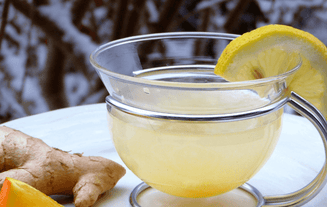
Supporting your immune system naturally is a proactive way to enhance overall health. Here, we’ll explore key herbs, vitamins, and minerals, including the benefits of Vitamin D3 with K2, probiotics, elderberry, and other powerful botanicals and nu...




